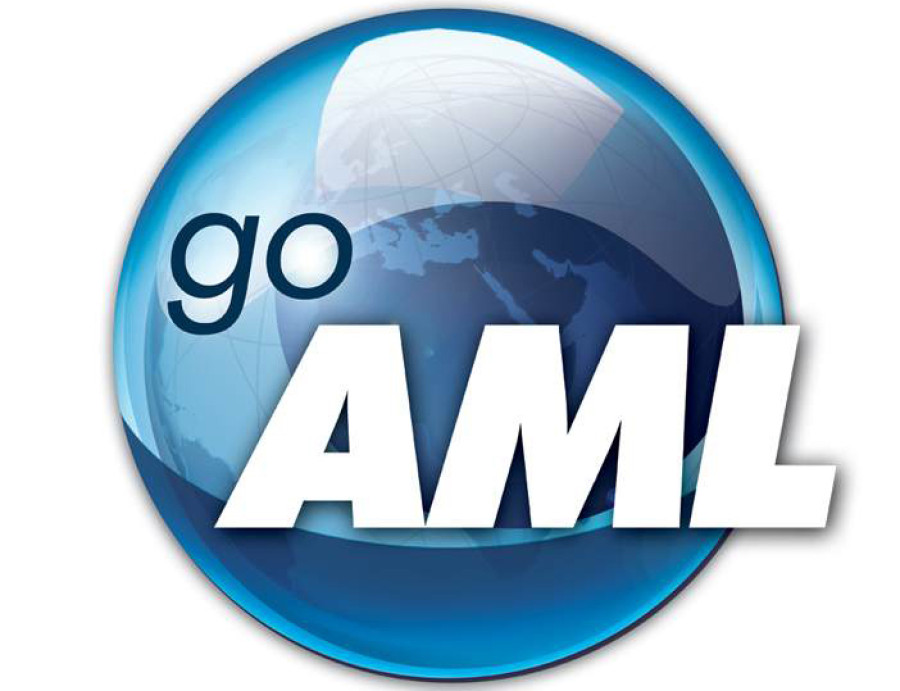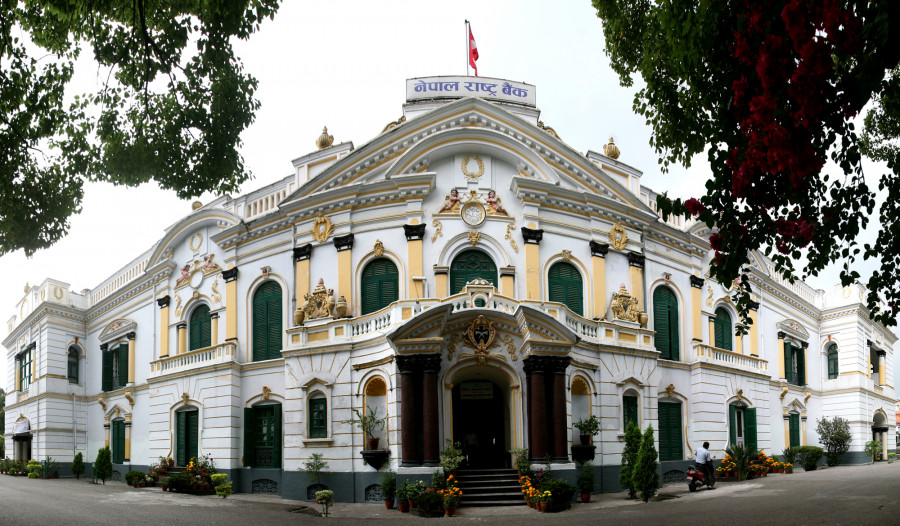Money
All commercial banks to now report suspicious transactions via goAML
goAML is software built specifically by the United Nations to assist in combating money laundering and terrorism financing.
Prithvi Man Shrestha
Now that the Nepal Rastra Bank has made it mandatory for commercial banks to report suspicious transactions and transactions above the governmental threshold via the goAML software, the Financial Information Unit, effective from Wednesday, will no longer receive manual reports.
The Financial Information Unit, an independent body headed by a central bank official, is responsible for receiving, processing, analysing and disseminating financial information and intelligence on suspected money laundering and terrorist financing activities.
The goAML software was built by the United Nations Office of Drugs and Crime to specifically meet the Financial Information Unit’s data collection, management, analysis and statistical needs.
Though the unit had procured the software in 2014, it was only installed in 2018. The central bank had given commercial banks a deadline of January 15 in October last year to install all compatible software for reporting purposes.
“All 27 commercial banks adopted the goAML software on Wednesday,” said Gunakar Bhatta, spokesperson for the Nepal Rastra Bank. “Now they are bound to report all relevant information through the software and we will not be receiving reports manually.”
As per the central bank’s directive, commercial banks are required to report suspicious transactions within three days from the date of transaction, and transactions above the government-mandated Rs1 million threshold within 15 days.
“If any commercial bank fails to report through the goAML software in the next 15 days, the unit can issue a fine of up to Rs1 million,” said Bhatta. “The central bank can fine them from Rs1 million to Rs50 million if they continue to fail to report.”
Deposits or withdrawals of more than Rs1 million in one transaction or a series of transactions in one day from a single account, cross-border electronic or other transfers of more than Rs1 million by a customer, and exchange of foreign currency equivalent to Rs500,000 or more in one transaction or a series of transactions in one day fall under the threshold, mean the banks send reports to the Financial Information Unit.
Likewise, transactions with unclear economic and business targets, transactions conducted in relatively large amounts of cash and/or conducted repeatedly and unnaturally, transactions conducted differently from established patterns, and huge, complex and unusual transaction are considered suspicious.
Until Tuesday, banks were free to report manually through a hard copy or scanned copy, even though a majority of banks were already reporting through the goAML software.

Installing the software is a part of automating the Financial Information Unit, which is also one of the Nepal government’s commitments to the Financial Action Task Force (FATF), a global anti-money laundering body. The FATF, an inter-governmental body established in 1989 at the G7 Summit in Paris, sets standards and promotes effective implementation of legal, regulatory and operational measures to combat money laundering, terrorist financing and related threats to the integrity of the international financial system.
Nepal was on the FATF’s ‘greylist’ since 2008 but was removed in 2014 after Nepal made progress in establishing a national anti-money laundering strategy, drafting anti-money laundering laws, establishing anti-money laundering institutions, strengthening the Financial Information Unit, and starting risk-based supervision. The greylist, now called ‘other monitored jurisdictions’, consists of nations that have not yet met international standards to combat money laundering and terrorism financing.
As the Asia-Pacific Group on Money Laundering, a regional arm of the FATF, is conducting an evaluation of Nepal’s compliance with the FATF’s global standards this year, the government is taking tougher measures to avoid being greylisted again, or blacklisted.
There, however, are concerns over customers being required to submit additional details while opening an account and depositing and withdrawing cash. Central bank officials and bankers said that existing customers need not submit additional documents from those that they have already submitted. If a third party withdraws money or deposits on behalf of the customer, the banks are required to obtain a copy of that person’s identity card if the transaction is over Rs100,000.
“If a transaction appears suspicious, a bank can take a copy of the customer’s identity card and place that information on the software,” said Bhatta.
The central bank has said that it is also implementing the goAML software for development banks and finance companies.
“Currently more than a dozen development banks and finance companies are reporting to us via goAML on a trial basis,” said an official at the Financial Information Unit.
According to bankers, the software is necessary. “Such reporting is practised worldwide and we cannot ignore it,” said Bhuvan Dahal, president of Nepal Bankers’ Association, a group of chief executive officers of commercial banks.
The private sector too doesn’t have any particular complaint about the software but has expressed concern about the stringent procedures it is required to follow, as they could affect business confidence.
“There is now a situation where we have to prove that we are not guilty of wrongdoing, instead of the government proving someone guilty,” said Pashupati Murarka, former president of the Federation of Nepalese Chambers of Commerce and Industry.




 9.83°C Kathmandu
9.83°C Kathmandu















